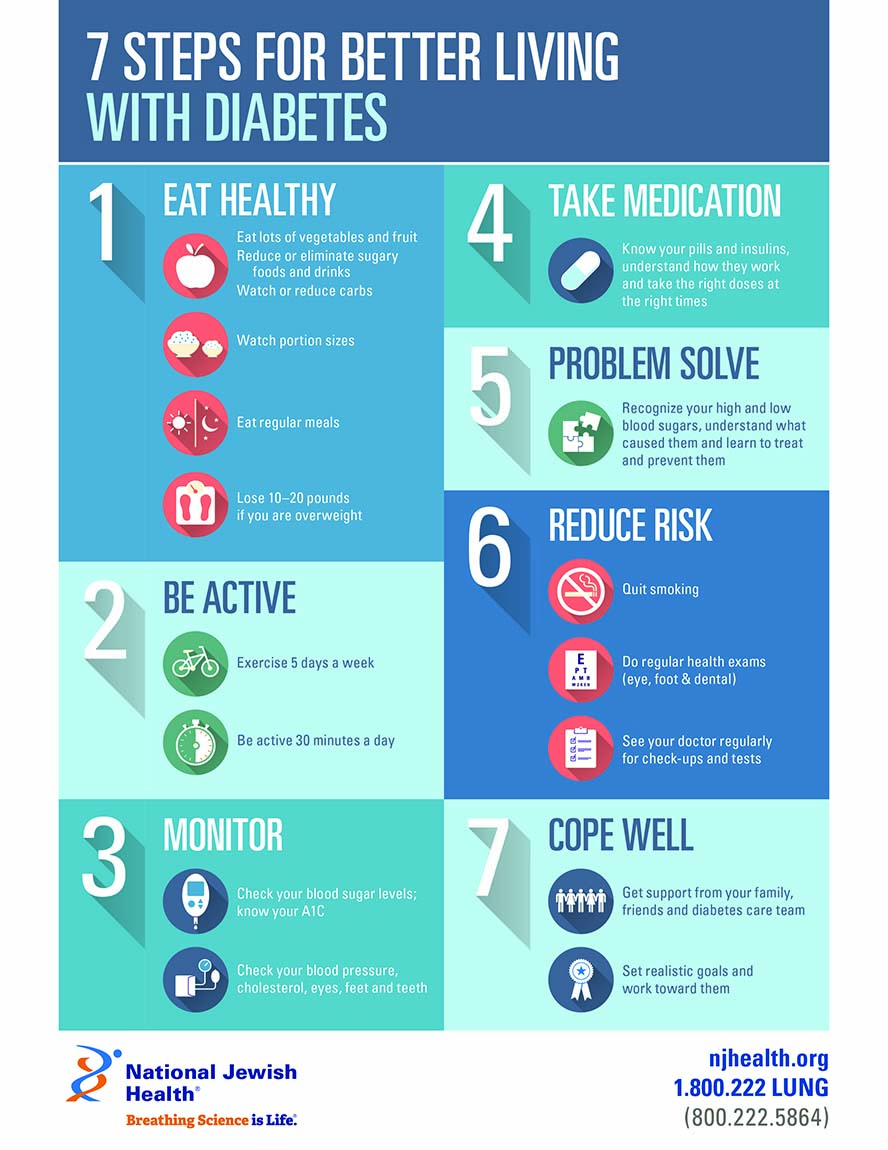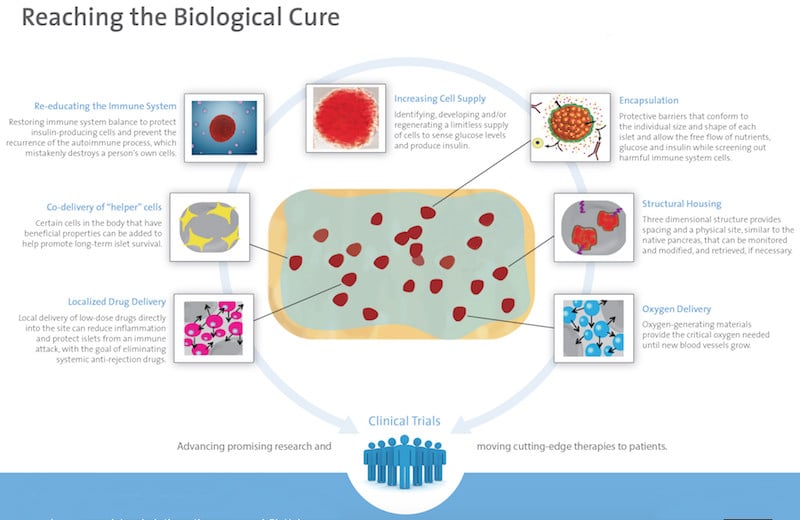
?Latest Diabetes Treatments: Can We Live Without Medication
Understanding diabetes and its treatment options
Diabetes is a chronic disease that affects millions of people worldwide. It is characterized by high levels of blood sugar, either due to inadequate insulin production (Type 1 diabetes) or the body's ineffective use of insulin (Type 2 diabetes). While medication is often prescribed to manage diabetes, there are also alternative treatment options available. These include lifestyle changes such as adopting a healthy diet and engaging in regular exercise. Additionally, some individuals may benefit from complementary therapies like acupuncture or herbal supplements. It is important to work closely with healthcare professionals to determine the most suitable treatment plan. However, it is worth noting that not all cases of diabetes can be managed without medication, as each person's condition is unique. Consulting with a medical expert is crucial in making informed decisions regarding the best treatment approach for diabetes.

Source: www.nationaljewish.org
Lifestyle Changes and Natural Remedies
The impact of diet and exercise on diabetes management
While medication is often a crucial component of managing diabetes, lifestyle changes can also play a significant role. Adopting a healthy diet and engaging in regular exercise can help control blood sugar levels and improve overall health. A balanced diet that includes whole grains, lean proteins, fruits, and vegetables is recommended. Additionally, managing portion sizes and avoiding sugary foods and drinks can help regulate blood sugar levels. Regular exercise, such as walking, swimming, or cycling, can also contribute to better blood sugar control and weight management.
Alternative therapies for diabetes treatment
In addition to lifestyle changes, some individuals with diabetes may explore alternative therapies to complement their treatment plan. These therapies can include acupuncture, herbal supplements, and mindfulness-based stress reduction techniques. It is important to note that while these therapies may have potential benefits, they should always be used in consultation with healthcare professionals. These professionals can provide guidance on which alternative therapies may be safe and effective for each individual's unique situation.
By incorporating lifestyle changes and exploring alternative therapies, some individuals may be able to effectively manage their diabetes without relying solely on medication. However, it is crucial to work closely with healthcare professionals to ensure a comprehensive and personalized treatment plan.

Source: domf5oio6qrcr.cloudfront.net
Oral Medications for Diabetes
Commonly prescribed oral medications
While lifestyle changes and alternative therapies can be helpful in managing diabetes, medication is often necessary for effective treatment. Oral medications are commonly prescribed to control blood sugar levels in individuals with type 2 diabetes. Metformin, sulfonylureas, thiazolidinediones, and DPP-4 inhibitors are some examples of oral medications that can help regulate blood sugar levels and improve insulin sensitivity. These medications work in different ways and may be used alone or in combination with each other. Following a proper dosage regimen and consulting with a healthcare professional is crucial when taking these medications.
Effectiveness and side effects
Oral medications for diabetes can be highly effective in managing the condition and preventing complications. They work by either increasing insulin production, improving insulin sensitivity, or reducing glucose production in the liver. However, like any medication, they can also have side effects. These can include gastrointestinal issues, low blood sugar levels (hypoglycemia), weight gain, and allergic reactions. It is important to be aware of these potential side effects and communicate with your healthcare provider if you experience any concerning symptoms.
By combining oral medications with lifestyle changes and alternative therapies, individuals with diabetes can achieve better blood sugar control and overall well-being. It is essential to work closely with healthcare professionals to develop an individualized treatment plan that best suits your needs and goals.

Source: i0.wp.com
Insulin Therapy
Insulin therapy is a crucial aspect of diabetes management, especially for individuals with type 1 diabetes or advanced type 2 diabetes. It involves the administration of insulin, a hormone that helps regulate blood sugar levels. There are different types of insulin available, including rapid-acting, short-acting, intermediate-acting, and long-acting insulin. The type and dosage of insulin prescribed depend on factors such as individual needs, lifestyle, and blood sugar control goals.
Different types of insulin and their administration
There are various ways to administer insulin, such as injections, insulin pens, insulin pumps, and inhalation devices. Rapid-acting insulin is typically taken before meals to minimize the rise in blood sugar after eating. Short-acting insulin is used to manage blood sugar levels between meals. Intermediate-acting and long-acting insulin provide a basal level of insulin throughout the day and night. The combination of different types of insulin may be necessary to achieve optimal blood sugar control.
Insulin therapy management and monitoring
Effective insulin therapy management involves regular blood sugar monitoring, dose adjustments as needed, and understanding proper injection techniques. Blood sugar levels should be monitored throughout the day to ensure they are within target ranges. It is important to work closely with healthcare professionals to establish an individualized insulin therapy plan and make necessary adjustments over time. Proper education and support from healthcare providers are essential for successful insulin therapy management.
Understanding the different types of insulin, their administration methods, and closely monitoring blood sugar levels can help individuals with diabetes effectively manage their condition and achieve optimal blood sugar control. Consulting with healthcare professionals and adhering to their recommendations is essential to safely and effectively incorporate insulin therapy into a diabetes treatment plan.

Source: www.labiotech.eu
Emerging Trends in Diabetes Treatments
Advancements in technology for diabetes management
The field of diabetes management is constantly evolving with advancements in technology that provide new and improved ways to monitor and control blood sugar levels. Continuous glucose monitoring (CGM) systems have become increasingly popular, offering real-time glucose readings and alerts for high or low blood sugar levels. Insulin pumps with integrated CGM systems allow for more precise insulin delivery based on individual needs. Additionally, mobile apps and wearable devices can track activity levels, carbohydrate intake, and provide personalized recommendations for insulin dosing. These technological advancements are revolutionizing diabetes management and providing individuals with more control over their condition.
Potential future treatments
Researchers are also exploring potential new treatments for diabetes that could revolutionize the way the condition is managed. One area of focus is the development of beta cell replacement therapies. Beta cells are responsible for producing insulin in the body, and their dysfunction or destruction leads to diabetes. Researchers are investigating ways to replace or regenerate beta cells to restore insulin production and normalize blood sugar levels. Another promising area is the development of glucose-responsive insulin, which adjusts insulin levels based on blood sugar levels, eliminating the need for frequent manual adjustments. These potential future treatments offer hope for improved diabetes management and a better quality of life for those living with the condition.

Source: ars.els-cdn.com
The role of lifestyle modifications in reducing medication dependence is an important aspect of diabetes management. While medication is often necessary for controlling blood sugar levels, making healthy lifestyle choices can have a significant impact on reducing the reliance on medication. Regular exercise, a balanced diet, weight management, and stress reduction techniques can help improve insulin sensitivity and lower blood sugar levels. By adopting a healthy lifestyle, individuals with diabetes can potentially reduce their medication dosage or even achieve blood sugar control without medication. However, it is essential to work closely with healthcare professionals to find the right balance between lifestyle modifications and medication to ensure optimal diabetes management. It's important to understand that lifestyle changes should not be seen as a replacement for medication, but rather as a complementary approach to support overall well-being and control diabetes.







































